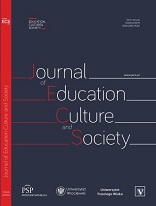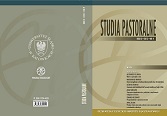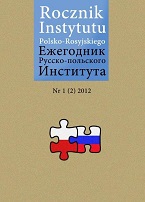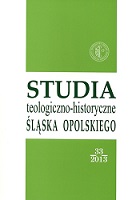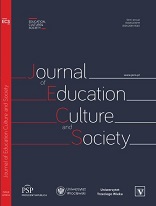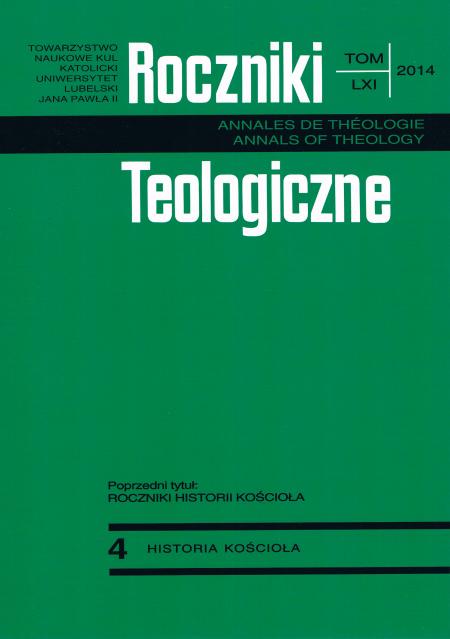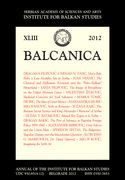„Caritas Christi urget nos”: Kirchliche Diakonie in Russland unter dem Aspekt der kirchlich-staatlichen Beziehung
After providing a broad outline of some principles of theology determining the social aspects of orthodoxy, the author examines the further evolution of these in the patriotic teachings of the holy fathers and philosophy of religion literature in Russia. The discussion of the historical development of state–church relations in Russia presents and helps understand to what degree the principle of the ‘symphony’ of the two powers allowed room for political activities of the Orthodox Church, and how it affected its social ethics role. The author provides a brief overview of the effect Gorbachev’s perestroika had on the identity of Russian orthodoxy, and how awareness of the new social policy tasks (of Russian orthodoxy) was increased. This is followed by a discussion of the church confidently strengthening in its new political role within just a few years of the reforms, and gradually assuming a state church character. The subsequent chapter is an adventure in the history of the social services proper of the Orthodox Church, from charitable traditions of early Christian monasteries to the system of state benevolence in the age of the last tsar of Russia. A brief overview of the charitable traditions of other Christian faiths present in Russia is also provided. The study ends with an analysis of the development of church benevolence today, which experience shows is limited to charitable work. In recent years, since Russian society has been living in democracy, conditions for the social services of the church have changed profoundly.
More...
